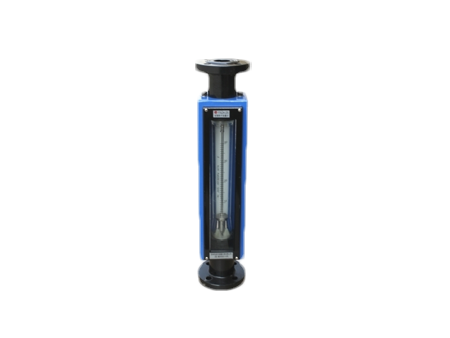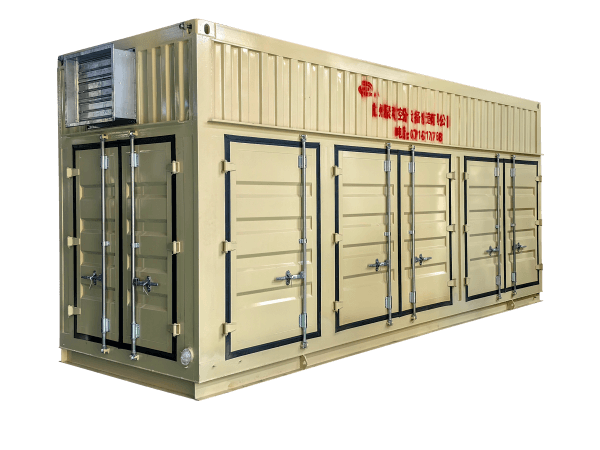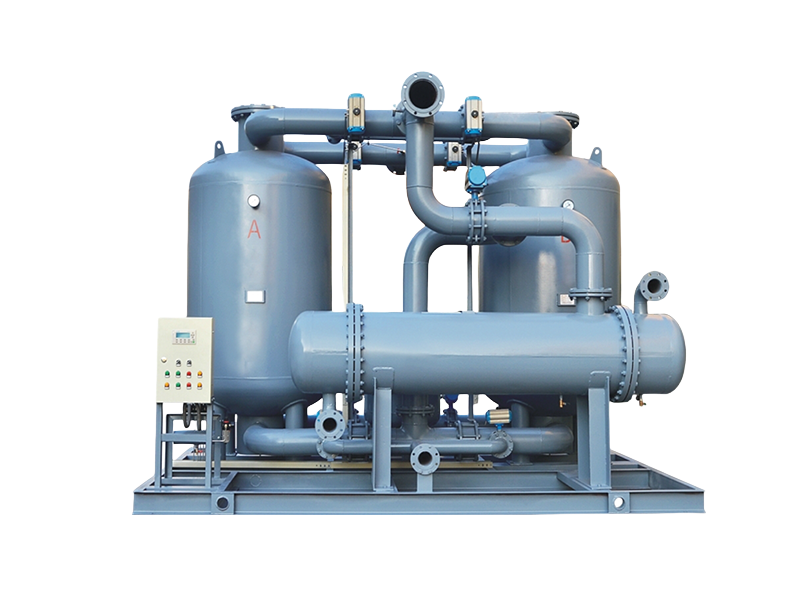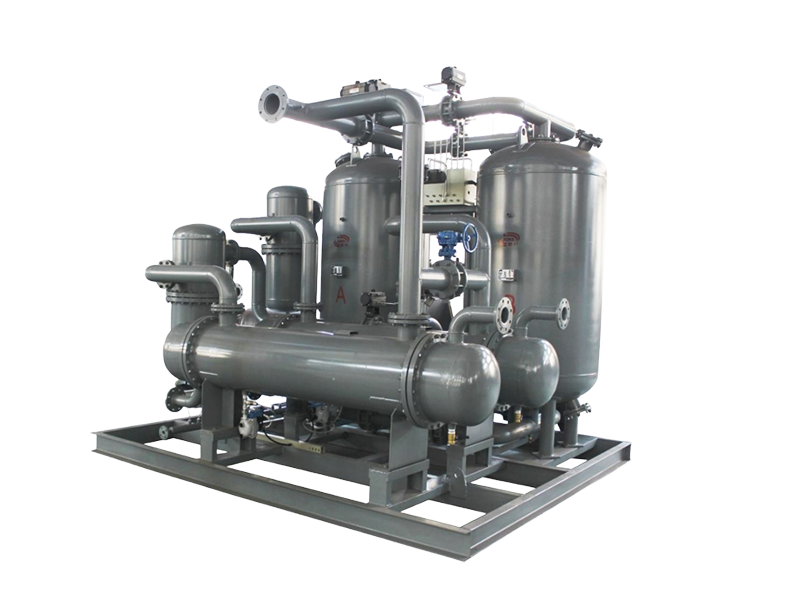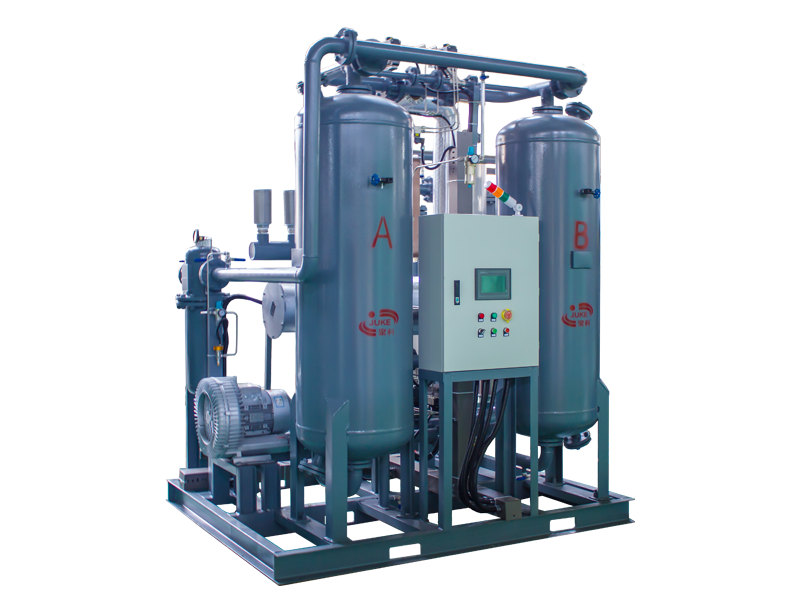Glass Rotameter
Classification:
keyword: Glass Rotameter
E-mail:
WhatsAPP:
Details
A rotameter is a device used to measure fluid flow rate.
The main measuring element of this device is a vertically installed, tapered glass tube that is smaller at the bottom and larger at the top, and a float that can move up and down inside. When fluid flows upward through the tapered glass tube, a pressure difference is created between the top and bottom of the float, causing the float to rise. When the upward force, the buoyancy force on the float, and the viscous lift force are equal to the weight of the float, the float is in equilibrium. Therefore, there is a certain proportional relationship between the fluid flow rate through the rotameter and the height to which the float rises, i.e., the flow area of the rotameter. The height of the float can be used as a measure of the flow rate.
Applications
Rotameters are mainly used in various sectors, including chemical engineering, petroleum, light industry, medicine, chemical fertilizers, chemical fibers, food, dyes, environmental protection, and scientific research, to measure the flow rate of single-phase, non-pulsating (liquid or gas) fluids. Corrosion-resistant rotameters are mainly used for detecting the flow rate of corrosive liquid and gas media, such as strong acids (except hydrofluoric acid), strong alkalis, oxidants, strong oxidizing acids, organic solvents, and other corrosive gases or liquids.
Related Products
Leave us a message
If you have any need, please feel free to contact us


